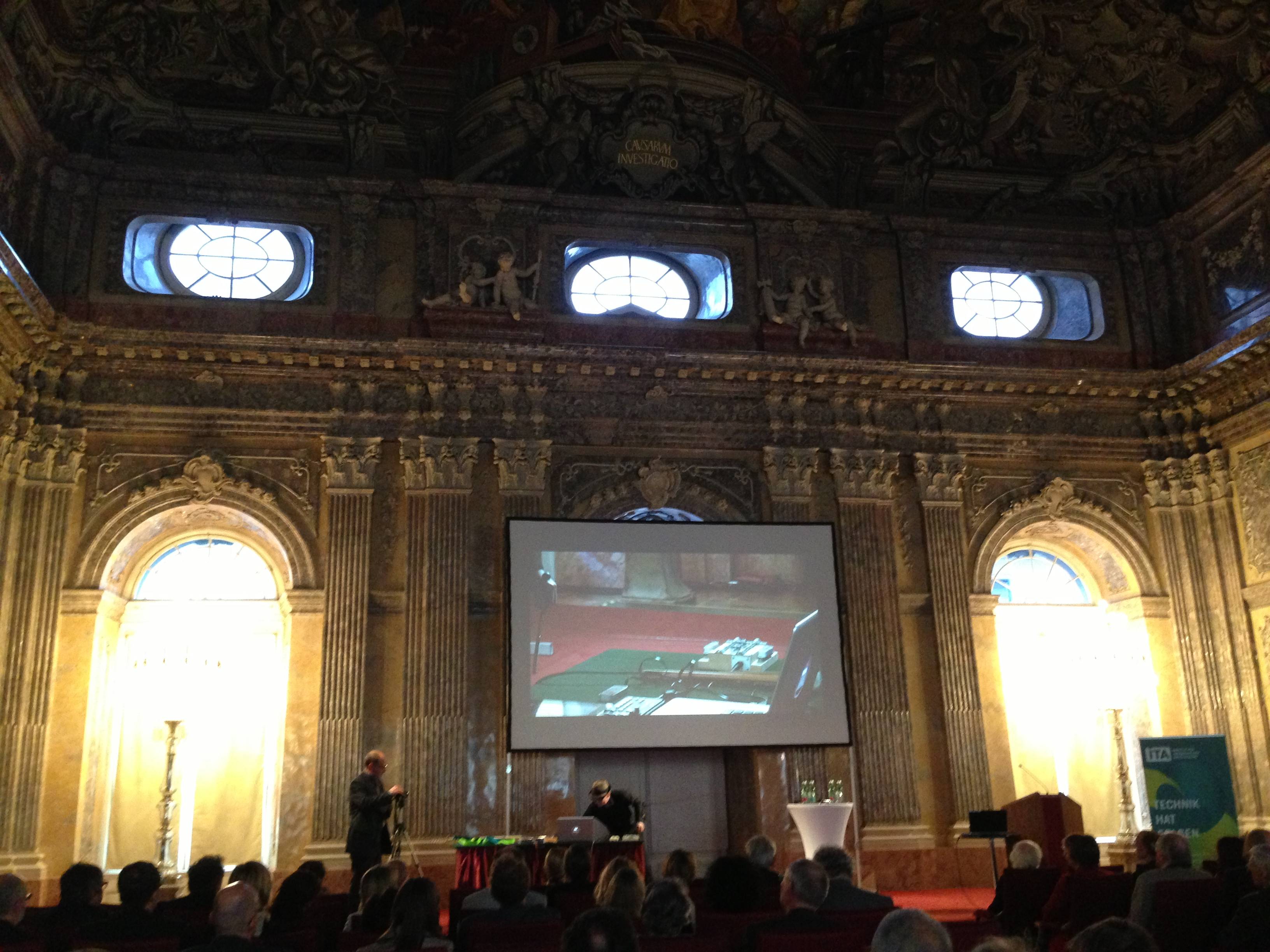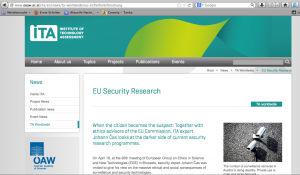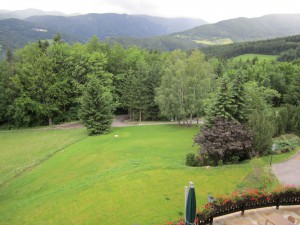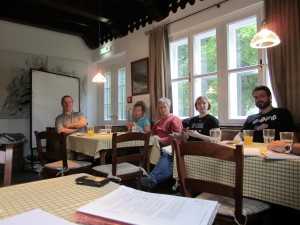Mein Projekt “Glocal Search” (OeNB) neigt sich bald dem Ende zu. Deshalb wird es am 23. April 2015 eine Abschlussveranstaltung zum Thema Suchmaschinenpolitik, europäische Visionen und Werte, sowie Interessenskonflikte geben (in a nutshell). Die Veranstaltung wird am 23.4.2015 um 18h an der ÖAW stattfinden. Hier der Einladungstext von der ITA Website:
 Heißt es Europa gegen Google & Co? Oder lassen sich Suchmaschinen regulieren? Technikforscherin Astrid Mager vom ITA diskutiert ihre Forschungsergebnisse mit VertreterInnen aus Daten- und Konsumentenschutz und von Internet Service Providern.
Heißt es Europa gegen Google & Co? Oder lassen sich Suchmaschinen regulieren? Technikforscherin Astrid Mager vom ITA diskutiert ihre Forschungsergebnisse mit VertreterInnen aus Daten- und Konsumentenschutz und von Internet Service Providern.
Google sieht sich insbesondere in Europa mit Vorwürfen konfrontiert, die vom Missbrauch des Quasi-Monopols bis hin zur Zusammenarbeit mit Geheimdiensten reichen. In der Debatte werden das Recht auf Privatsphäre, Datenschutz und informationelle Selbstbestimmung als zentrale Elemente der europäischen Identität ins Feld geführt – und deren Verletzung kritisch diskutiert.
Astrid Mager vom ÖAW-Institut für Technikfolgen-Abschätzung (ITA) hat sich in ihrem Forschungsprojekt „Glokale Suche“ mit Visionen und Werten europäischer Suchmaschinenpolitik, deren (schwieriger) Übersetzung in politisches Handeln, sowie deren Verhältnis zu österreichischen Diskursen beschäftigt. Bei der Präsentation der Ergebnisse und der anschließenden Diskussion wird es darum gehen, wie es Europa gelingen könnte, seinen Wertekanon in die Praxis zu übersetzen; wie global agierende Suchmaschinen reguliert werden können und welche Rolle Österreich in der europäischen Suchmaschinenpolitik spielt.
DiskussionsteilnehmerInnen:
Astrid Mager, Institut für Technikfolgen-Abschätzung (ITA)
Andreas Krisch, European Digital Rights (EDRi), Verein für Internetbenutzer Österreich (VIBE)
Gerhard Kunnert, BKA, Abt. V/7, österr. Vertreter in der EU-Ratsarbeitsgruppe Datenschutz-Grundverordnung
Maximilian Schubert, Internet Service Providers Austria (ISPA)
Daniela Zimmer, Konsumentenpolitische Abteilung, AK Wien
Moderation: Walter Peissl, Institut für Technikfolgen-Abschätzung (ITA)
Infos:
Termin: 23. April 2015, 18 Uhr, anschließend Gedankenaustausch und Buffet
Ort: Österreichische Akademie der Wissenschaften – Clubraum
Dr. Ignaz Seipel-Platz 2, 1010 Wien
Anmeldung bitte über die ITA Website (ganz unten). Danke!




